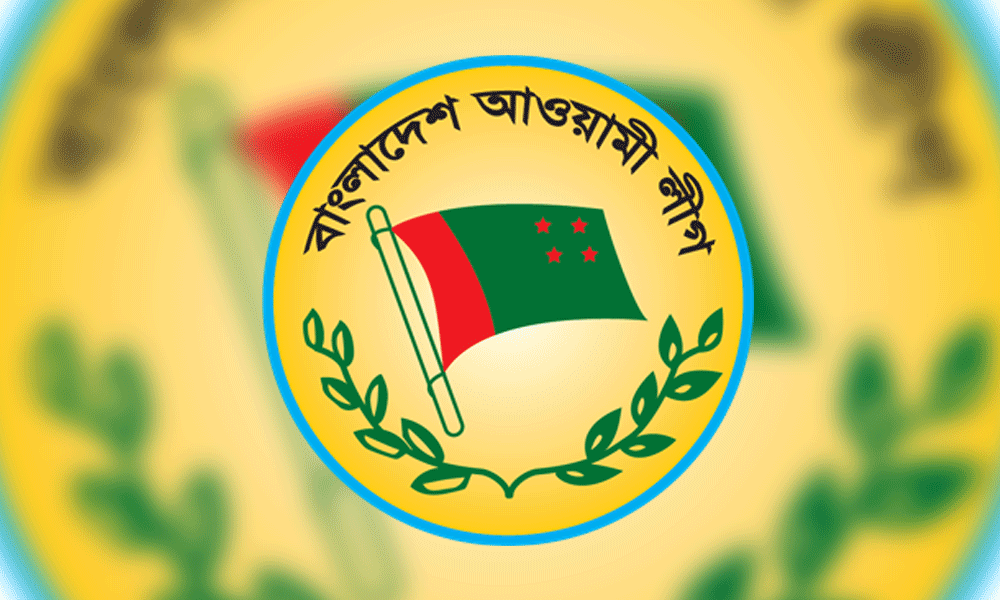Special Correspondent
Published:2024-01-04 23:17:08 BdST
Crisis Group Report‘Awami League has dramatically reshaped Bangladesh in 15 years’
Over the past fifteen years, the Awami League has dramatically reshaped Bangladesh, presiding over one of the fastest-growing economies in the world and lifting millions of people out of poverty, according to a new report of the International Crisis Group.
It has also – for the time being, at least – contained the threat of jihadism, while advancing policies aimed at building a more secular country.
Thanks to this period of strong economic development, Bangladesh is set to graduate from least-developed country status in 2026, said the Crisis Group.
However, the report titled “Beyond the Election: Overcoming Bangladesh’s Political Deadlock”, criticised the decline of democratic governance.
The report stated that Prime Minister Sheikh Hasina has projected an image of her government as more secular, progressive and competent than the opposition, taking advantage of perceptions both domestically and abroad of the BNP as unappealing.
Her government highlighted the BNP’s historical use of violence – including against minorities – as well as its corrupt practices while previously in office.
The Awami League government also fastened onto the BNP’s alliance with the Islamist party Jamaat-e-Islami, which had helped the BNP secure power in 2001 but enhanced the perception that it was in thrall to fundamentalism, including opponents of Bangladeshi independence.
The Crisis Group report noted that Sheikh Hasina also sought to neutralise Islamist opponents.
In 2010, she fulfilled her election promise to create an International Crimes Tribunal to try those who allegedly committed war crimes – in many cases Islamists – during the country’s bloody independence struggle in 1971.
The tribunal had strong public support, particularly among young, secular urbanites, who later staged rallies calling for tougher penalties for the accused, but experts and rights groups identified procedural shortcomings.
To bolster its secular credentials, the report said that the AL government has placed a high priority on gender equality and empowering women in the political, economic and social spheres.
It introduced policies to tackle child marriage and domestic violence, worked to increase the participation of girls and women in education and the workforce, and stood up to Islamist protesters opposing secularism and women’s rights.
The massive expansion of Bangladesh’s garment industry over the past fifteen years – export earnings have almost quadrupled, and the country is now the world’s second-largest garment exporter – has created jobs for millions of women, reshaping traditional gender relations in which men worked to support the family and women were confined to domestic duties.
In politics, the report said the Bangladesh government led by Sheikh Hasina also introduced or expanded laws and policies to encourage women’s political representation.
Beyond mandatory quotas, however, there are few women political representatives, and none of the major parties have met quota requirements for leadership positions. Gender norms and violence in Bangladeshi politics continue to discourage women from participating in political activities.
Socio-economic indicators show progress during the AL’s tenure, but the country overall is far from reaching gender equality, reads the report.
Unauthorized use or reproduction of The Finance Today content for commercial purposes is strictly prohibited.


